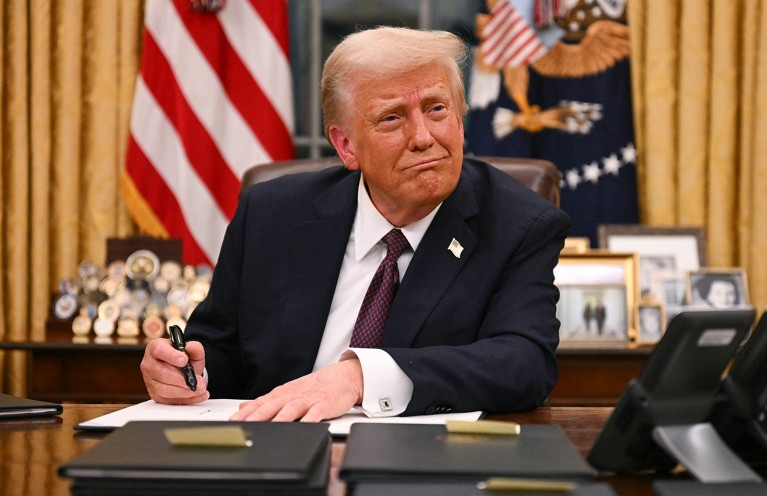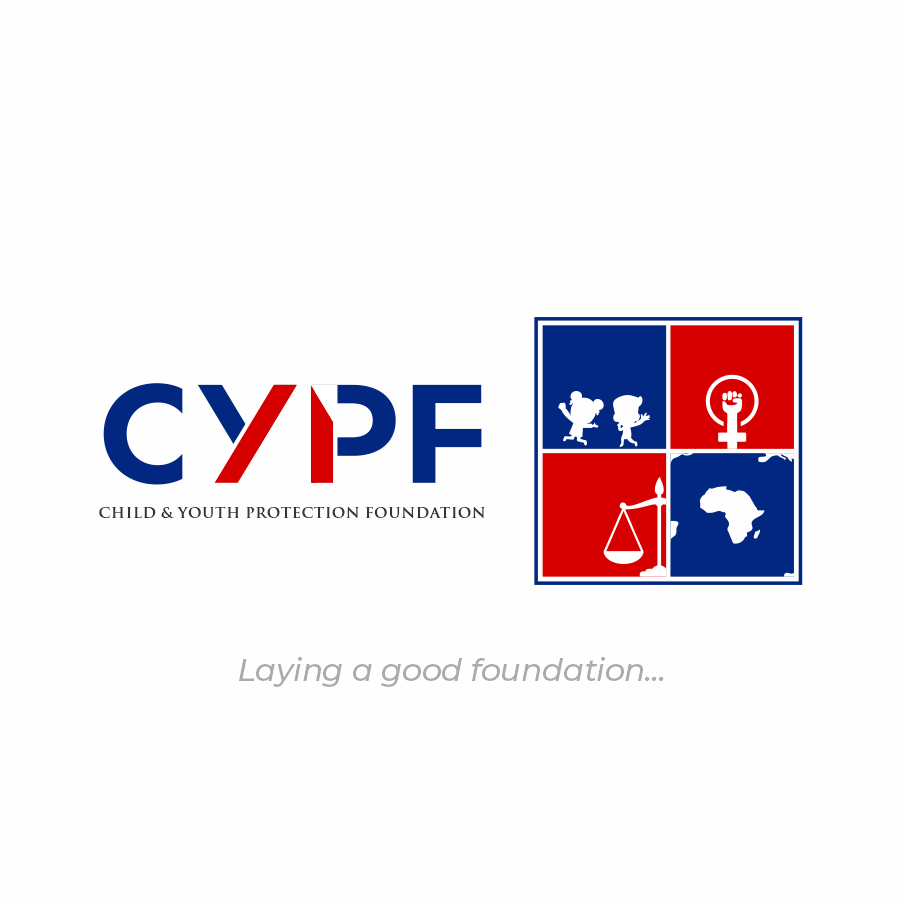Trump’s visa policies endanger 16 U.S. colleges reliant on foreign students


President Donald Trump’s newly implemented visa restrictions have put 16 financially unstable private colleges in the U.S. in a precarious position, as stated in a recent report by Forbes.
These institutions depend heavily on international students, who make up at least one-third of their total student population, and who provide more than half of their income through tuition, making them highly vulnerable to recent constraints on F-1 and J-1 student visas.
These colleges were already facing financial hardships.
Each institution received a financial rating of C+ or below in Forbes’ 2025 rankings for college fiscal health, indicating uncertain long-term stability. The new visa policies now put in jeopardy their most consistent income source: international students who pay full tuition.
At schools like Harrisburg University and Hult International Business School, more than 75% of students are from overseas. Some other institutions, like St. Francis College in New York, had recently ramped up their recruitment of international students to manage financial difficulties. For instance, St. Francis tripled its number of international students between 2022 and 2023. Despite efforts such as selling a $160 million campus and implementing major spending cuts, a June 2024 audit still raised doubts about the school’s ability to remain operational in the long term.
According to Forbes, the following institutions match three conditions: having more than 33% of their student population made up of international students, deriving over 50% of their revenue from tuition and fees, and receiving a financial health grade of C+ or less: Harrisburg University of Science and Technology in Pennsylvania; Hult International Business School in Massachusetts; Maharishi International University in Iowa; New England College in New Hampshire; Manhattan School of Music in New York; Campbellsville University in Kentucky; Stevens Institute of Technology in New Jersey; Illinois Institute of Technology in Illinois; California College of the Arts in California; The New School in New York; University of New Haven in Connecticut; University of Bridgeport in Connecticut; Saint Peter’s University in New Jersey; Lindsey Wilson College in Kentucky; Missouri Valley College in Missouri; and St. Francis College in New York.
Together, these colleges enrol tens of thousands of students, and at many of them, graduate programs are primarily filled by international students. Without this vital group, the financial outlook for these schools becomes highly uncertain.
The Trump administration suspended scheduling new interviews for F1 and J1 student visas and also stopped issuing visas to individuals from certain countries, including Iran, Somalia, and Sudan.
In April 2025, the U.S. government cancelled the visas of more than 1,400 international students attending 240 colleges and universities—including Harvard—after pro‑Palestine demonstrations on campuses.
During the same enforcement operation, Harvard briefly lost its authorisation to accept international students until a judge ordered a halt to the decision. Meanwhile, Homeland Security, under Secretary Kristi Noem, rescinded $2.7 million in grants and cautioned the university that it could lose that privilege entirely if it failed to provide documents about alleged “illegal and violent activities” involving some international students.
These actions have caused major uncertainty throughout American higher education, especially at institutions that are heavily dependent on enrolling students from outside the U.S.
In June 2025, the processing of student visas resumed after a temporary pause in May, but with updated requirements mandating that applicants share their social media usernames as part of expanded background checks.
Numerous private colleges across the U.S. rely on international students who pay full tuition, since these students do not qualify for government financial aid. With a drop in domestic student enrollment, foreign students have become essential to keeping these institutions financially afloat.








